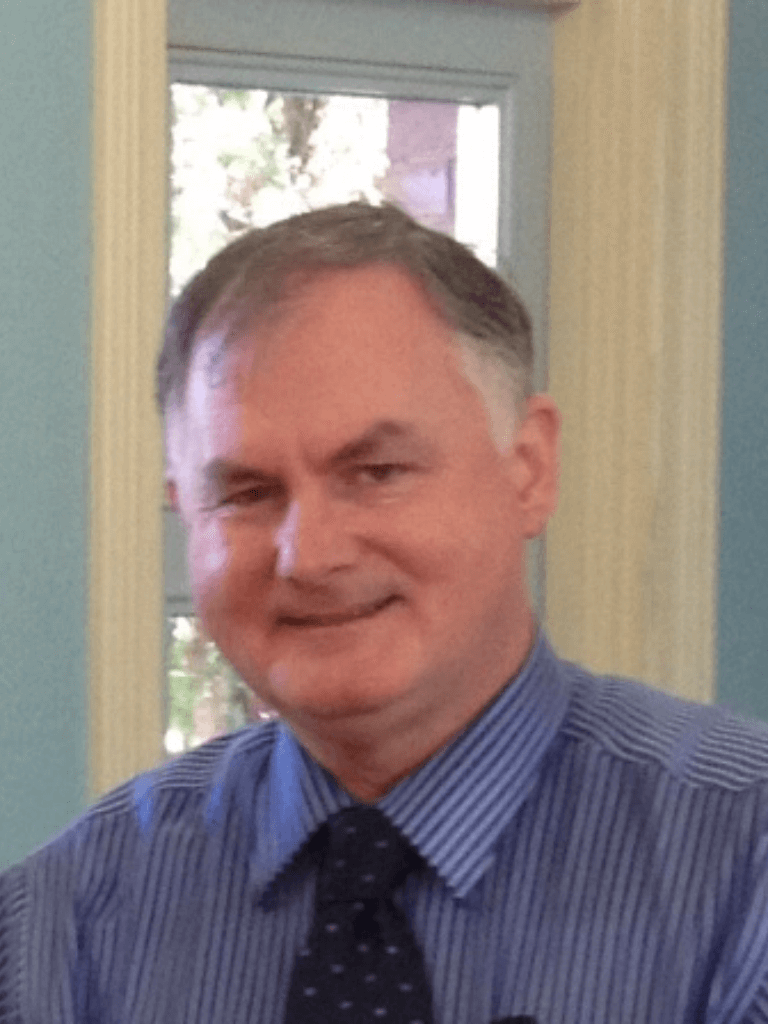Your Potential Matters

“Your most important work is always ahead of you, never behind you.” Dr. Stephen R Covey
As February slowly ticks over, and we think of the festive season that has just been and perhaps focus on the relationship we have with a loved one, we soon come to the realization that Covey is indeed right. Every moment is only that moment. Once it has passed by, it is consigned to the pages of history. Yes, it forms part of the rich tapestry of life but that patch work still has a few more parts that need to be created and added to the richness that is your tapestry of life. In Covey’s famous ‘The 7 Habits of Highly Effective People’, Habit 2 is: “start with the end in mind.”
According to Stephen R Covey the ‘The 7 Habits of Highly Effective People’ are:
Habit 1: Be Proactive
Habit 2: Begin with the end in mind
Habit 3: Put first things first
Habit 4: Think win/win
Habit 5: Seek first to understand, then to be understood
Habit 6: Synergize
Habit 7: Sharpen the saw
(Covey, S. R. (2004). The 7 Habits of Highly Effective People. London: Pocket Books)
In order to begin the year that will be with the end in mind, Covey suggests that you must first be ‘Proactive’ in your life. You have arrived at where you currently are because of the decisions and choices you have made. You will arrive at your future because of the decisions and choices you are yet to make. According to Covey, it is in the gap between what has been and what is yet to be, that the real power to start transforming your life can be found. Choose to make the decisions that will take you to the end that you have in mind. That means being proactive, not reactive about life and what it might present to you.
The wisdom of Winnie the Pooh in the 2018 movie Christopher Robin is useful on this point.
Winnie The Pooh: I always get to where I’m going by walking away from where I’ve been.


Own the past but be ready to claim your future.
Own the past but be ready to claim your future. As another working year gets underway, ask yourself the question, am I going to design a life that brings meaning and purpose to what you do or do you accept the default position of whatever happens? What does your personal plan, or as Covey would call it, your personal mission statement, look like? A ‘Personal Plan Template’ developed and used by this author can be found here.
Drawing on the work of Stephen Covey’s ‘The 7 Habits of Highly Effective People’, there are some critical questions you should be seeking answers to. What lies at the center of who you are or what is it that you value the most? Ultimately, whatever it is you value, that will be your reason for action. Whatever is at the center, this is where your attention flows and where your energies go. This identifies the principles by which you currently live your life by and in turn, what alternatives there might be, as you ‘begin with the end in mind’. Find ways to affirm yourself or to be affirmed on the new journey you are on and visualize what each stage might be like.
Once you understand your personal goals, what your personal mission statement really means for your life, examine closely the mission/vision statement for the organization you currently work for or would like to work for. Do they align? If they don’t, then achieving your goals might prove to not just be challenging but nearly impossible. The alignment is important for your personal and professional success.
Rodney H Clarken in 2012 from the School of Education, Northern Michigan University, makes this very astute observation, pertinent to every employer and employee.
“We have enormous potential, much of it unrealized and unknown. Our physical, psychological and spiritual capacities continue to develop and unfold as we extend our frontiers of knowledge and possibility. As human health, development, productivity, research, and their benefits continue to evolve, the technical, intellectual and moral life of humanity progresses. How can we help to stimulate that growth in our world and ourselves?” Clarken, R. H. (2012). Developing Human Resources through Actualizing Human Potential.
Typically, we talk about intellectual intelligence and emotional intelligence. Rarely do we consider, as Clarken urges us to, our moral intelligence and our spiritual intelligence. All are key to a well-integrated, well-formed individual. The skillset that such an individual would bring to the organization would be invaluable.
The realization of that potential is a personal responsibility, not just a corporate one. It is important to look at your Physical, Psychological and Spiritual well-being as you create a personal and professional life that is purposeful and successful. This involves developing the faculties of the mind, the heart and the free will we have all been gifted with. Rodney Clarken (2012) sees this as being at the crux of becoming a balanced person. As organizations are made up of people, it is at the crux of organizational health and well-being also.
“If we fail to address the mind, heart, and will and to develop each faculty fully, we will not develop the goals, values, and actions essential to making a whole, healthy and balanced person, organization and society. Their development leads to a healthy self-knowledge, self-esteem, and self-reliance that can counteract the egotism, narcissism, and selfishness that is endemic in modern society.”
(Clarken, R. H. (2012). Developing Human Resources through Actualizing Human Potential.
It is incumbent on organizations to invest in their people. To develop their leadership skills, including the skills of personal leadership. Long term, the beneficiary of such activity is the organization and the employee. Employee engagement is not a one-way street though. A person who has the initiative to develop themselves personally and professionally and can bring that to the interview room sends a very positive message to the interview panel. You are indicating that you are diligent, capable of problem-solving, able to take initiative and importantly, able to source the resources needed to execute a plan successfully. Simply, if you can look after yourself, you just might be able to take responsibility for key aspects of the organization.
To harness the potential of employees, the January article ‘Employee Engagement Matters’ by this author at careersingovernment.com offered some sound advice.
What a leader can do to promote ‘Employee Engagement’.
- Ensure that there is clarity of roles, avoid role confusion.
- Ensure that professional learning is a key part of employee goal setting each year.
- Ensure that there is a clear understanding and alignment between the ‘Mission and Vision’ of the organization.
- Ensure that staff is trusted.
- Ensure that staff has appropriate opportunities to add their voice to issues facing the organization and in aspects of decision making.
- Ensure the creation of synergy within the team and between team members.
- Ensure and encourage feedback, in both directions.
- Celebrate team successes collectively and individually. Challenge when necessary.
Without a doubt, being proactive, beginning the year with the end in mind as Stephen Covey reminds us, and checking our Intellectual, emotional, moral and spiritual intelligence is a good place to start in both personal and professional transformation. As a result, you are most likely to demonstrate adaptable leadership, personal leadership and more generally, offer leadership from a well-centered set of core principles.
Carpe Deim – Seize the Day

CAREER ADVICE

GOV TALK




